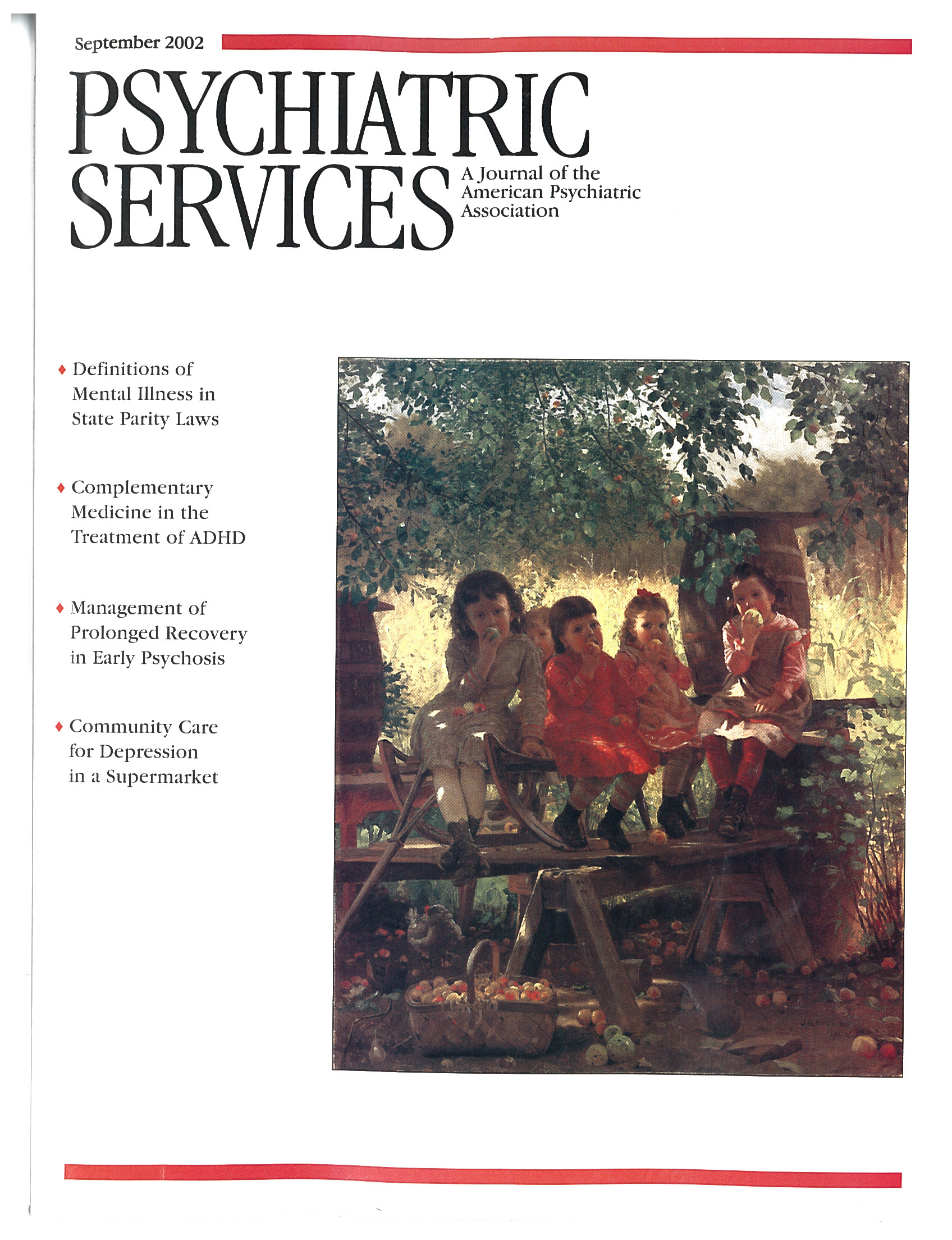Gracefully Insane: The Rise and Fall of America's Premier Mental Hospital
This book is the latest contribution to the history of McLean Hospital. Over a number of years, the author used many sources to compile this book, most notably interviews with a very large number of people—staff psychiatrists, former patients and their families, employees, and administrators. His acknowledgments read like a comprehensive roster of McLean personalities. In addition, he has ferreted out an extensive series of archival sources.
Alex Beam approaches McLean more as a part of the surrounding society than as a strictly psychiatric institution. The result is a fascinating book. The reader learns of McLean as a historical site with remarkable landscaping and architecture; a component of Boston society; a gathering place for the youth of the 1960s; a residence for the comfort and entertainment of aristocrats; and a vehicle for the expression of various ideas about how people should live.
The author has no interest in promoting any particular theoretical point of view. He steadfastly refuses to take psychoanalysis or psychopharmacology seriously, to the extent that some readers will be distracted by his casual treatment of issues that are customarily discussed with more solemnity. A few errors creep in, especially when he tries to explain psychiatric methods and terminology. For example, electroconvulsive therapy is confounded with earlier Farradic and Galvanic treatments and with insulin shock. Dementia praecox is equated with "senility."
Fortunately, Beam deals with Boston society in a thoroughly irreverent manner, which is the only approach that most Bostonians use, and the only one that would be tolerable in a work of this length.
Readers will be struck by Beam's emphasis of the comic aspects of the McLean story, at the expense of the tragic, until they reach the excellent sections dealing with the suicides of the 1960s and early 1970s. The depiction of McLean in this era is the best feature of this book; it is comprehensive, nuanced, and evocative. Beam manages to convey the complexities of the interactions between patients, the clinical staff, and the hospital leadership.
The current era is also well described. The physical deterioration of the once-magnificent Upham Hall serves to convey a sense of the losses of the 1990s. Some anecdotes might have been even more effective. I remember seeing a patient at McLean in the early 1990s who had encountered some people standing in line outside of an adjacent building, weeping. She asked if the hospital couldn't make better arrangements for depressed patients. But the people in question were not patients. They were long-term employees who had been laid off that day.
If there is a weakness in this account, it is Beam's treatment of the late 1970s and the 1980s, when Shervert Frazier made his most important contributions. The high points of that time—research advances and the gathering of so many promising junior faculty and residents—deserve some attention. The low points, including the fiasco of the attempted sale of McLean to Hospital Corporation of America, would have made fascinating reading. The evening confrontation between the McLean staff and the dean of Harvard Medical School over his treatment of Dr. Frazier was certainly both significant and memorable.
Dr. Lynn is professor of psychiatry and director of the psychiatry residency program at the University of Texas Medical Branch at Galveston.



